President of the Council of Ministers
The President of the Council of Ministers (sometimes titled Chairman of the Council of Ministers) is the most senior member of the cabinet in the executive branch of government in some countries. Some Presidents of the Council of Ministers are the heads of government, and thus are informally referred to as a Prime Minister or Premier.
| Part of the Politics series on |
| Executive government |
|---|
| Head of state |
| Government |
|
| Systems |
| Lists |
| Politics portal |
Countries currently using the title
In Supranational organisation
Countries that previously used the title
.svg.png.webp) President of the Council of Ministers (Empire of Brazil) (1847–1889)
President of the Council of Ministers (Empire of Brazil) (1847–1889) President of the Council of Ministers (United States of Brazil) (1961–1963)
President of the Council of Ministers (United States of Brazil) (1961–1963) Chairmen of the Council of Ministers (Bulgaria) (1879–1991)
Chairmen of the Council of Ministers (Bulgaria) (1879–1991)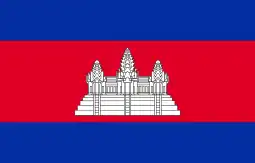 President of the Council of Ministers of Cambodia (1947–1970)[1]
President of the Council of Ministers of Cambodia (1947–1970)[1]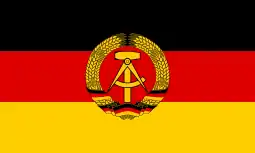 Chairman of the Council of Ministers of the German Democratic Republic (1949–1990)
Chairman of the Council of Ministers of the German Democratic Republic (1949–1990)
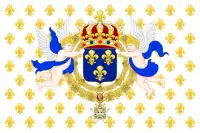 President of the Council of Ministers (France) (Bourbon Restoration, July Monarchy, 2nd, 3rd and 4th Republic)
President of the Council of Ministers (France) (Bourbon Restoration, July Monarchy, 2nd, 3rd and 4th Republic) Chairman of the Council of Ministers of the Hungarian People's Republic (1949–1989)
Chairman of the Council of Ministers of the Hungarian People's Republic (1949–1989).svg.png.webp) President of the Council of Ministers (Kingdom of Portugal) (1834–1910)
President of the Council of Ministers (Kingdom of Portugal) (1834–1910) President of the Council of Ministers (Portuguese Republic) (1932–1974)
President of the Council of Ministers (Portuguese Republic) (1932–1974) President of the Council of Ministers (Romania) (1862-1989)
President of the Council of Ministers (Romania) (1862-1989) President of the Council of Ministers (Spain) (1834–1939)
President of the Council of Ministers (Spain) (1834–1939)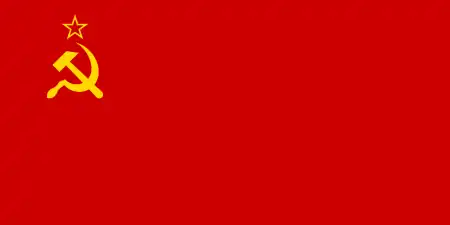 Chairman of the Council of Ministers of the Soviet Union (1922–1991)
Chairman of the Council of Ministers of the Soviet Union (1922–1991)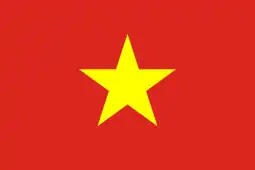 Chairman of the Council of Ministers (Vietnam) (1980–1992)
Chairman of the Council of Ministers (Vietnam) (1980–1992).svg.png.webp) President of the Council of Ministers (Kingdom of Yugoslavia) (1918–1941)
President of the Council of Ministers (Kingdom of Yugoslavia) (1918–1941)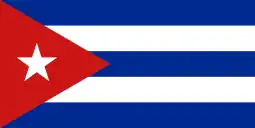 President of the Council of Ministers of Cuba (1976–2019)
President of the Council of Ministers of Cuba (1976–2019)
See also
References
- Munson, Frederick P. [et al.] Area Handbook for Cambodia (1963), p. 173
This article is issued from Wikipedia. The text is licensed under Creative Commons - Attribution - Sharealike. Additional terms may apply for the media files.